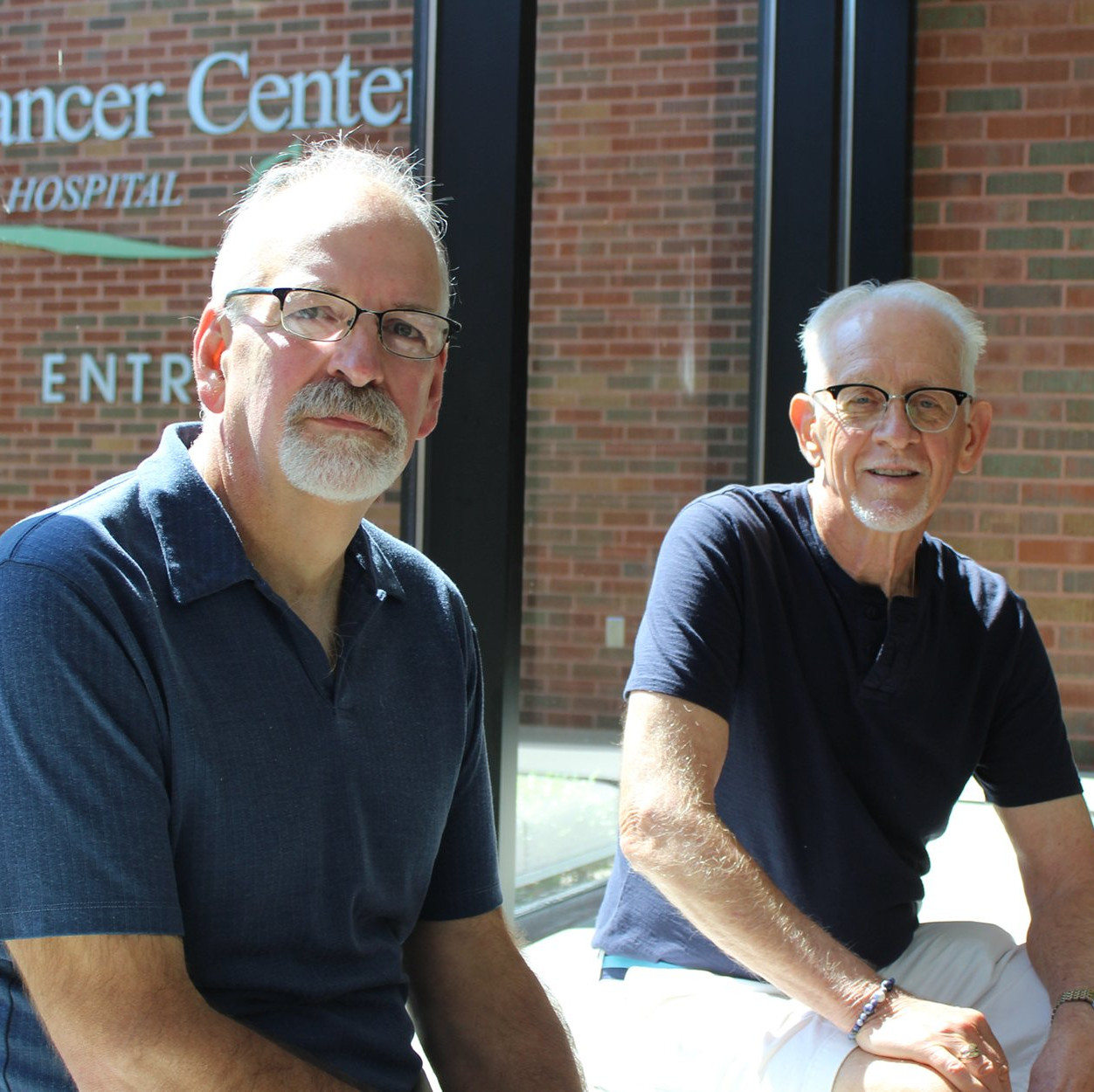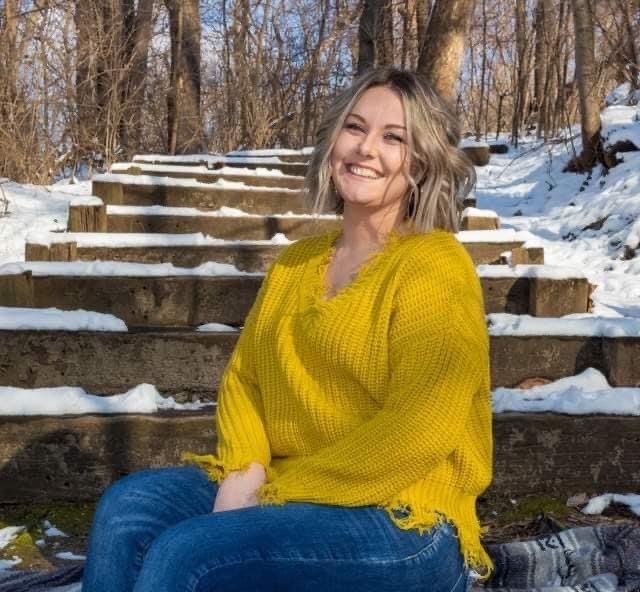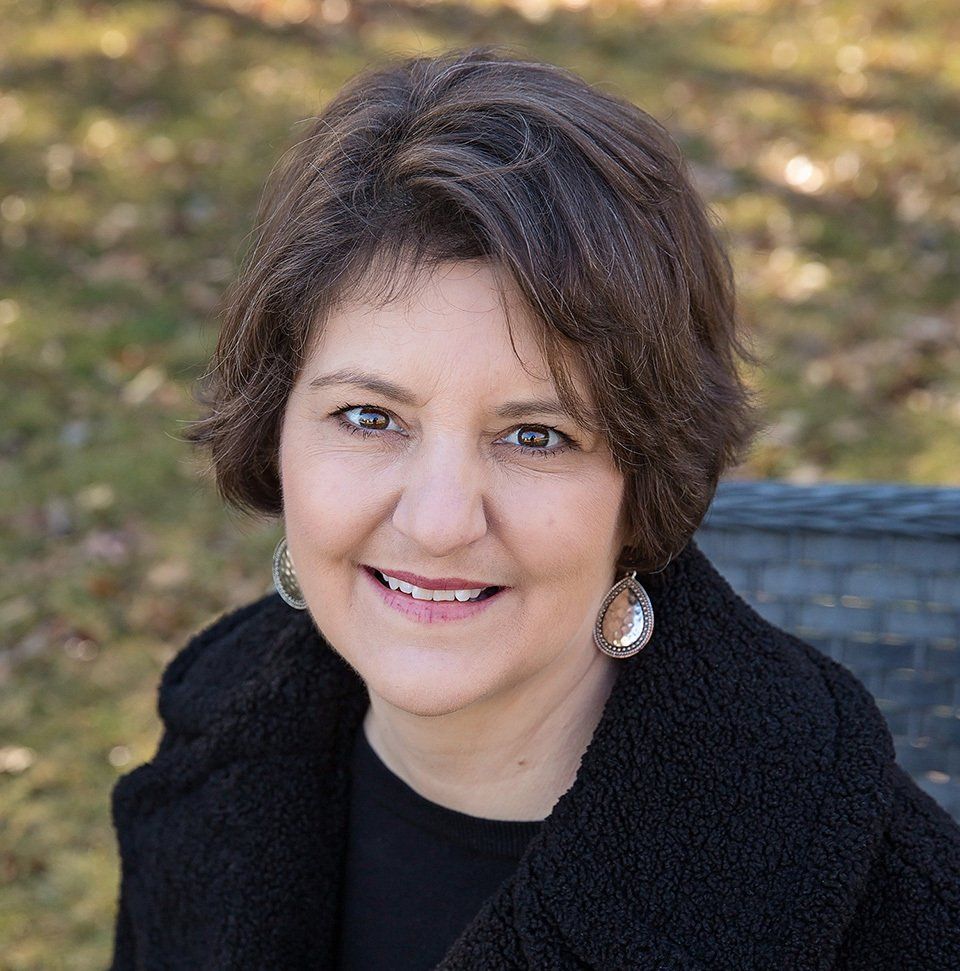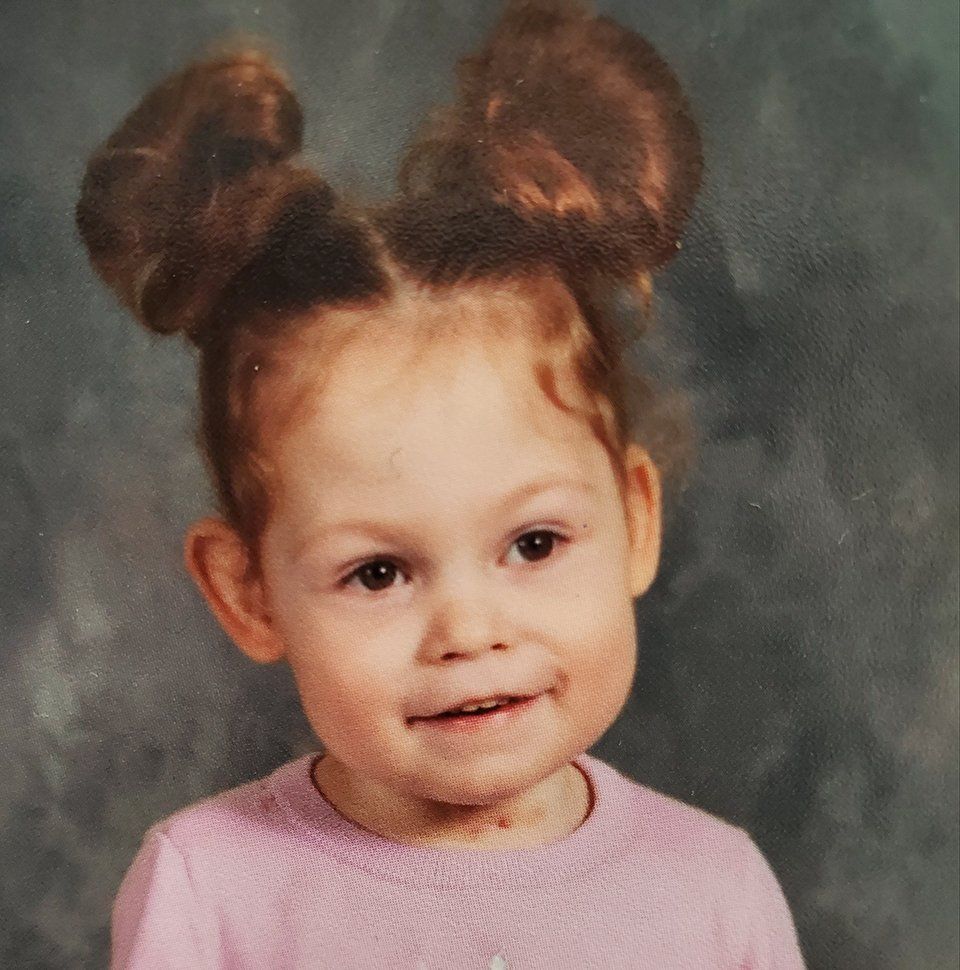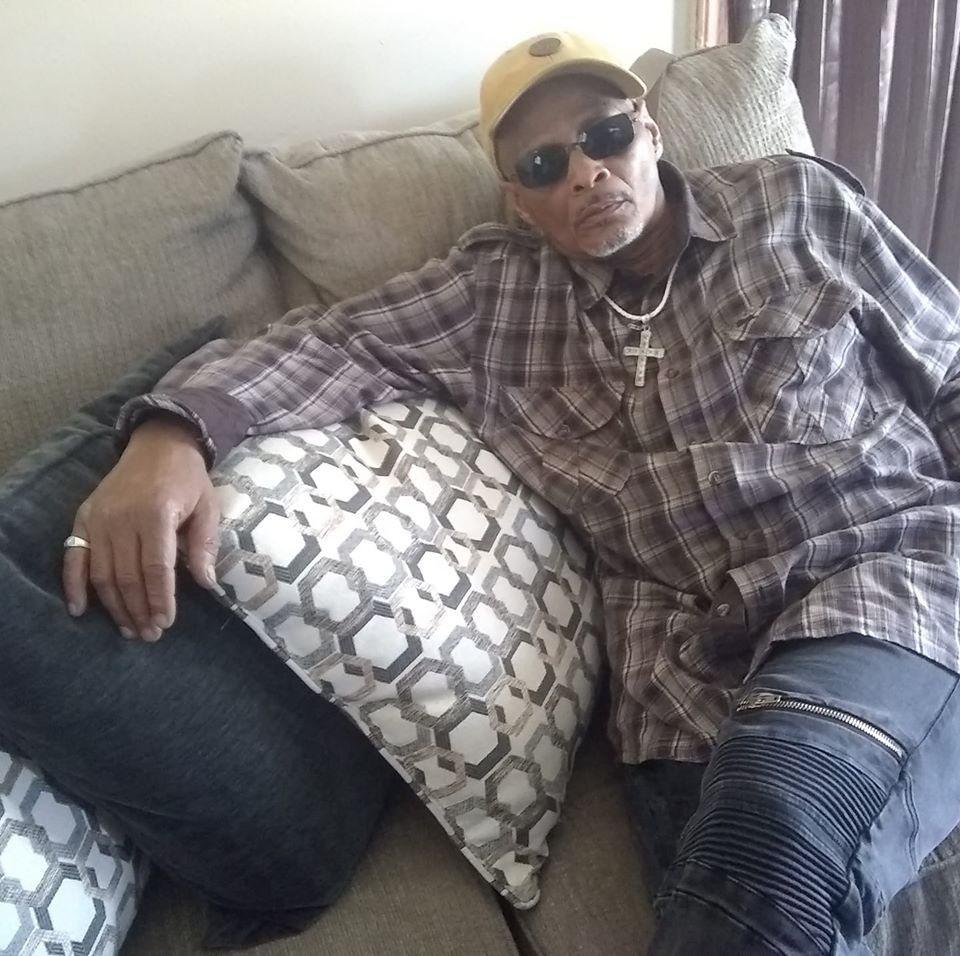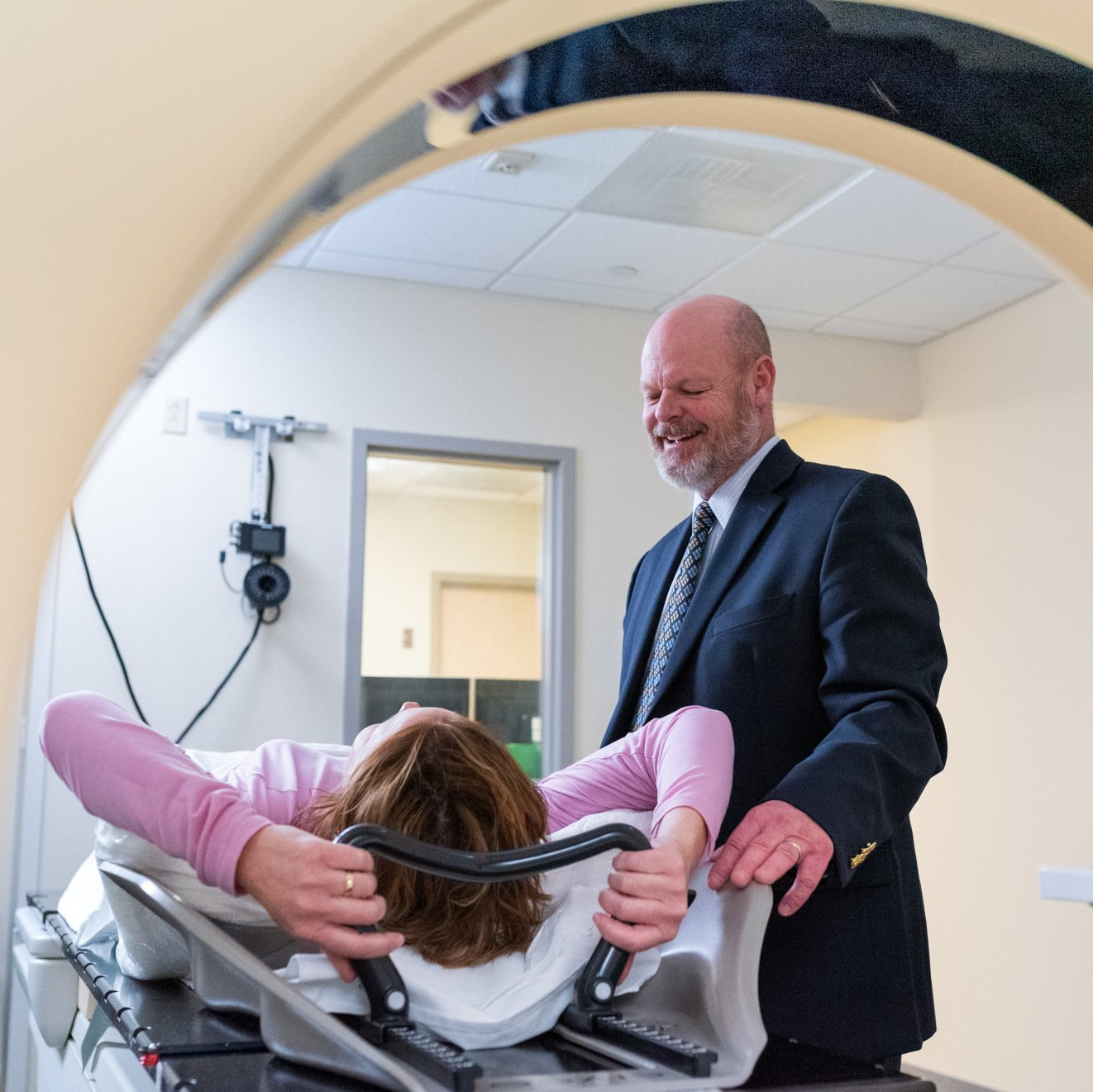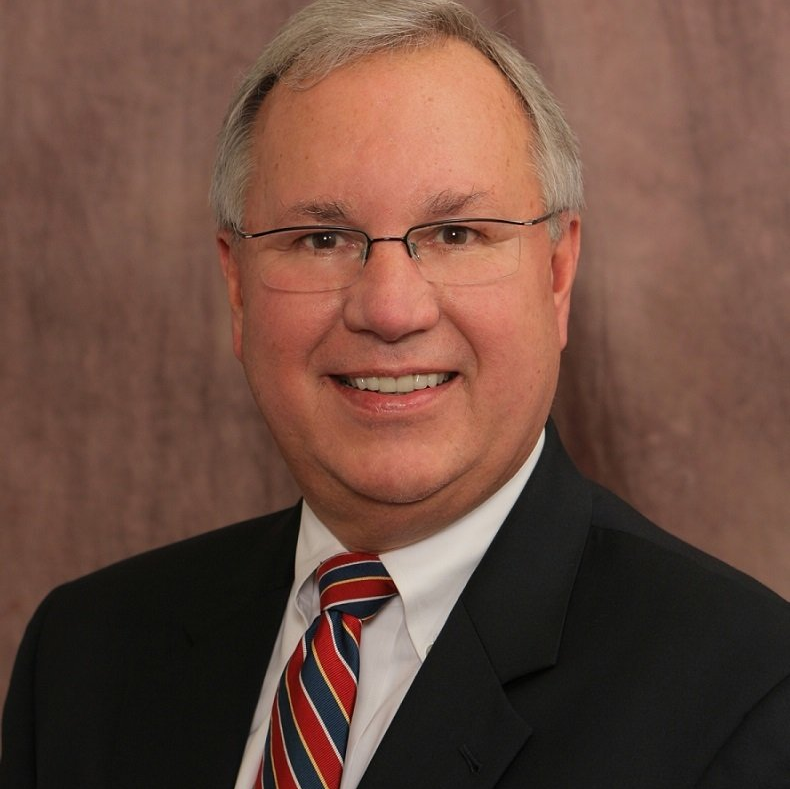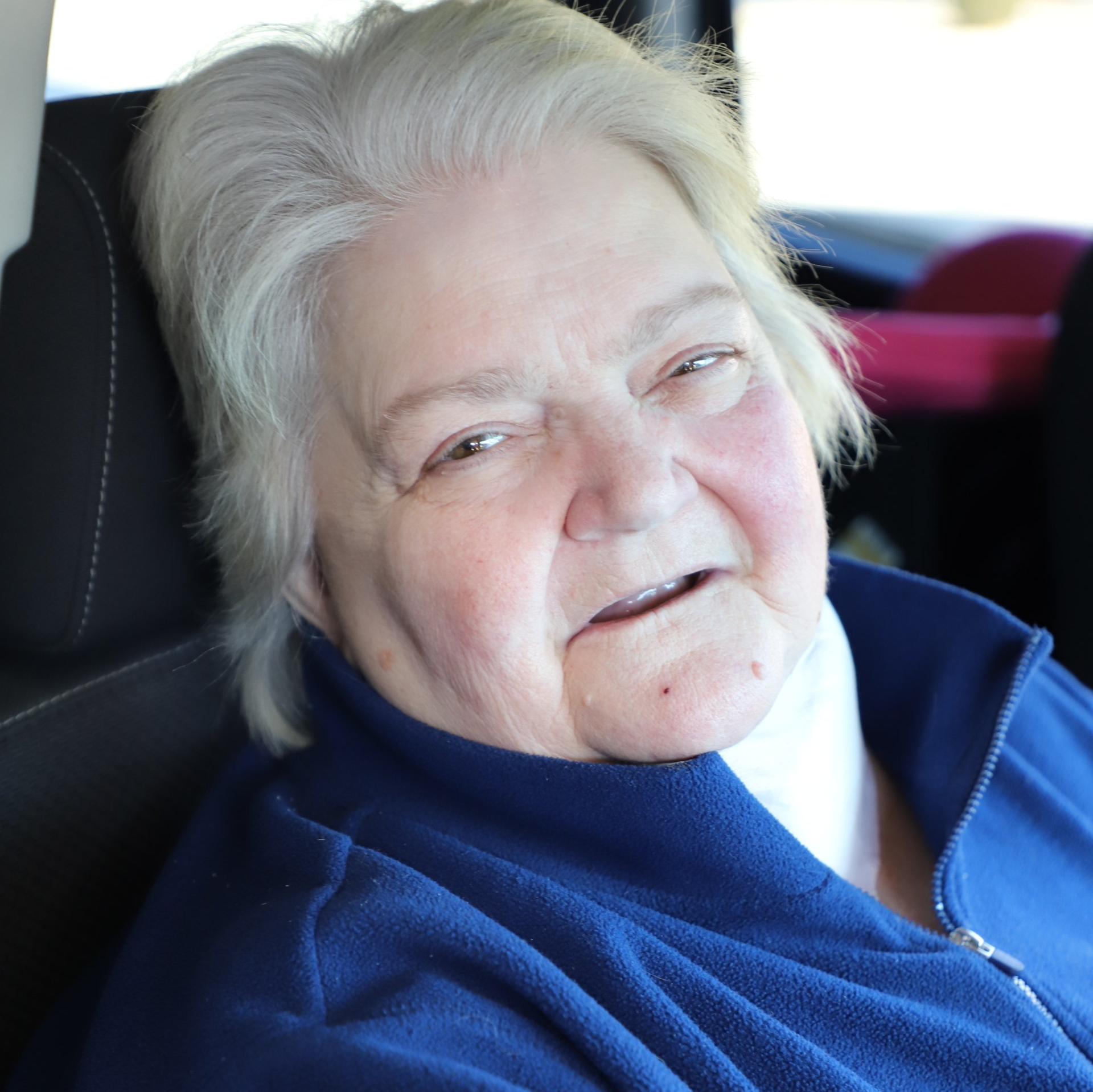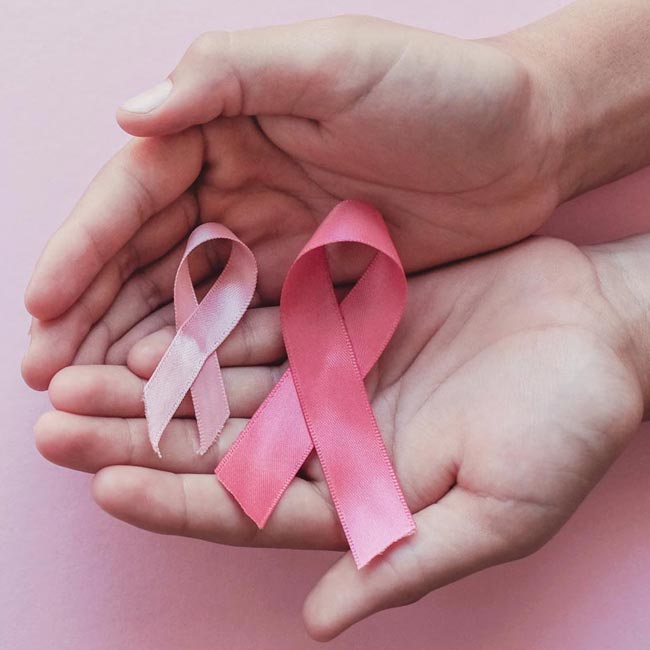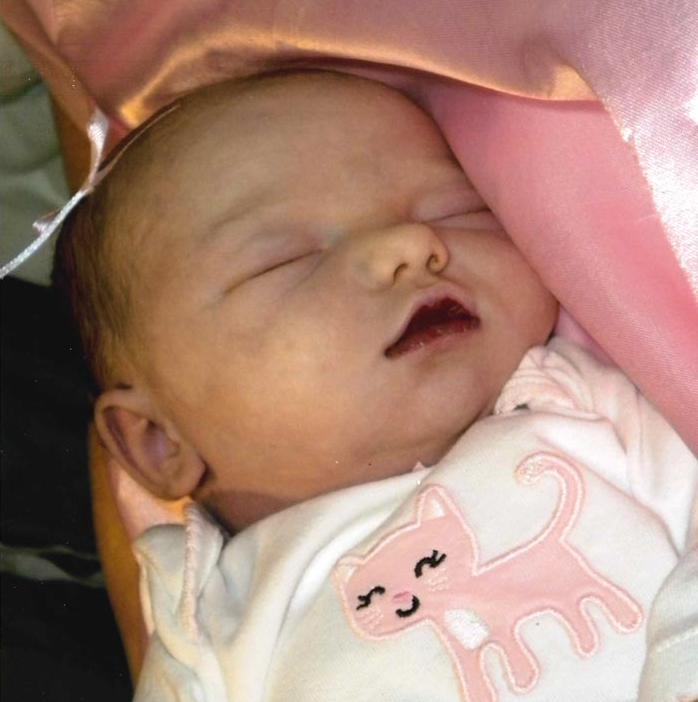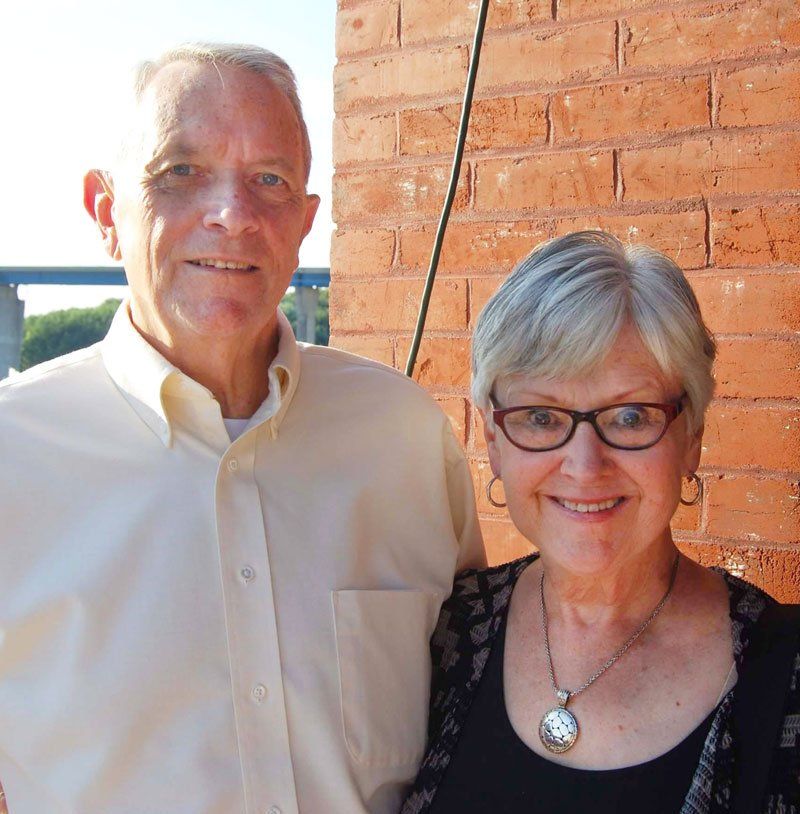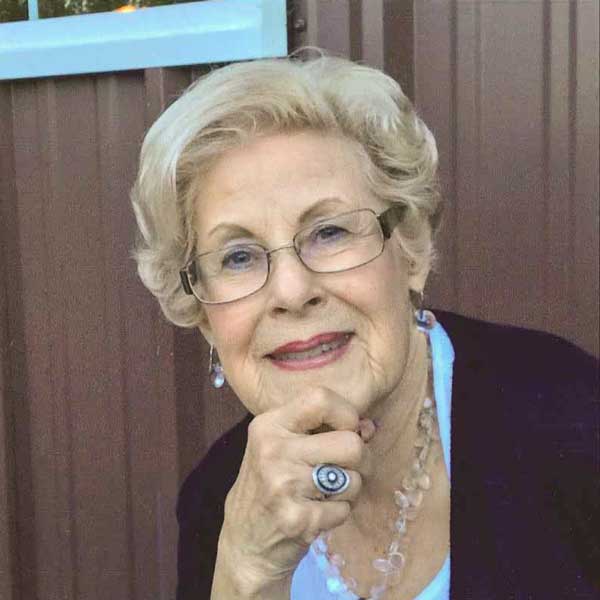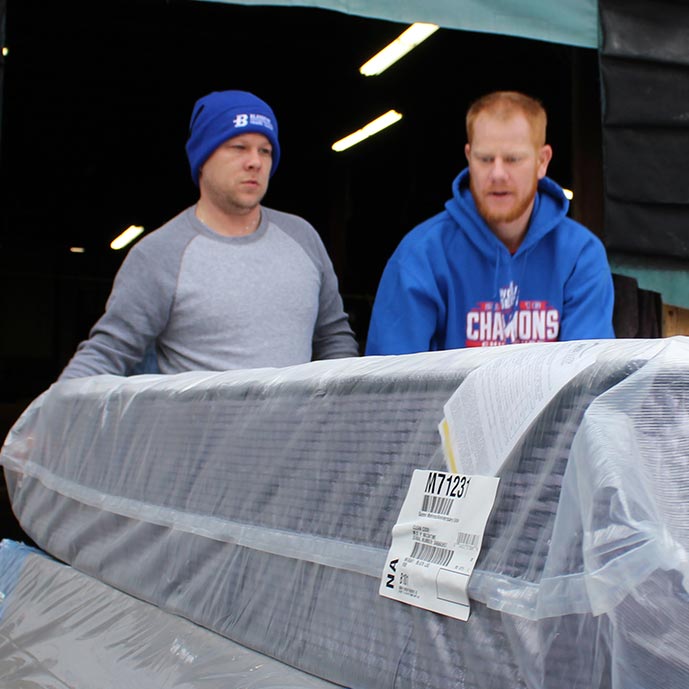Stability is key for patients with mental health issues
October 2019
Many Blessing Behavioral Center patients lack access to basic needs like clothes, shoes, or medication.
Blessing Foundation’s Psych Services Fund meets those needs, so they can focus on their recovery.
When Amy was admitted to the Blessing Behavioral Center during a mental health crisis, she had nothing.
No clothes.No shoes.No family.
She was alone and frightened.
Amy*, who was in the state’s child welfare system, was in the right place to get the help she so desperately needed. The Child and Adolescent inpatient care facility’s secure environment and caring mental health team offered an opportunity for a brighter future.
But Amy’s basic needs had to be met first.
“If you don’t have your basic needs met, you don’t feel safe. And if you don’t feel safe, you can’t start the recovery process,” says John McDowell, former administrative director of Psychiatric Services at Blessing.
The Blessing Foundation’s Psych Services Fund allowed the unit’s staff to meet Amy’s basic needs. A $100 grant from the Foundation was used to buy her shirts, pants, socks, underwear and shoes – clothing that most of us take for granted.
‘A Good Place to Put the Money’
Donations Have a Profound Impact
You Can Make a Difference
Keep in mind that there are real people like Amy – right here in your community.
“Mental health issues can happen to anybody,” McDowell says. Without proper treatment and community-wide support, those affected will not get the help they deserve, and they won’t have the tools they need to lead healthy and productive lives.
You have the power to make a difference in their lives with a financial contribution, no matter how small or large, with 100% of your donation going straight to the need. Please help us connect the dots for our mental health patients. Consider a gift to the Blessing Foundation’s Psych Services Fund today.
*The patient’s name and some details have been changed for confidentiality purposes.






